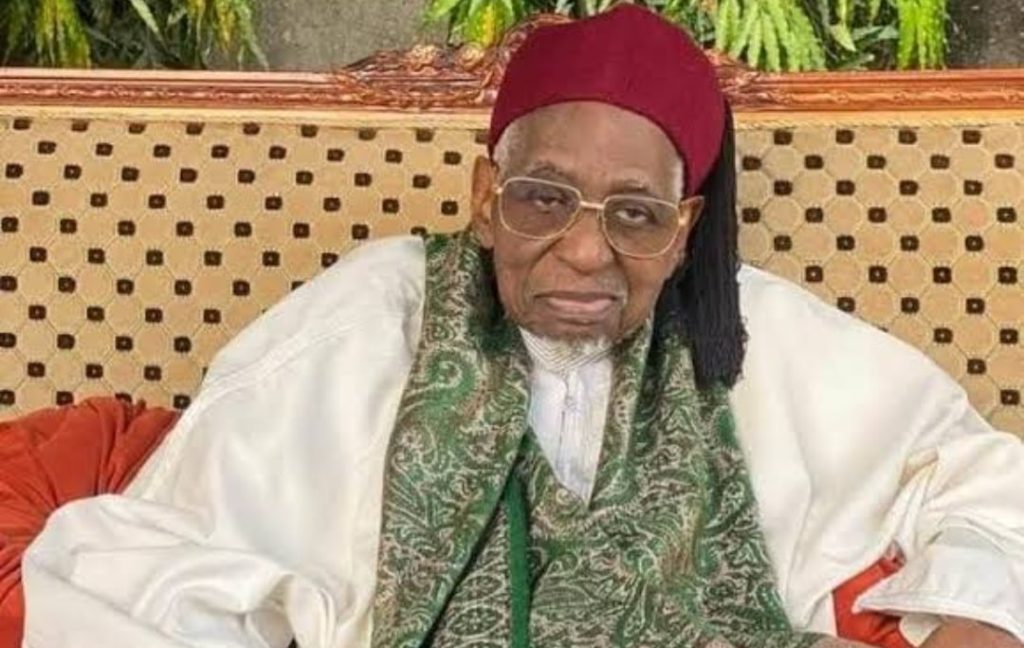The Anambra State Police Command has apprehended a man, Christian Ndubuisi, for allegedly fatally stabbing his elder brother during a heated altercation. The tragic event underscores the critical need for effective conflict resolution mechanisms within families and communities to prevent such devastating outcomes.
Incident Overview
On February 15, 2025, law enforcement officers from the 3-3 Divisional Headquarters responded promptly to reports of a violent dispute between two brothers. According to the police spokesperson, SP Tochukwu Ikenga, the altercation escalated when Ndubuisi, in a fit of rage, broke a bottle and used it to stab his elder brother. Despite immediate efforts to save him, the victim was pronounced dead upon arrival at a nearby hospital. The swift intervention by the police led to the arrest of Ndubuisi at the scene, and he is currently in custody awaiting further investigation.
Official Statements
The Commissioner of Police, Ikioye Orutugu, expressed profound sorrow over the incident, describing it as a “tragic and unfortunate” event that highlights the dangers of unresolved disputes. He emphasized the importance of adopting peaceful means to address disagreements, stating, “It is very tragic to hear that a minor disagreement escalated into a violent confrontation, resulting in the loss of life.” The Commissioner assured the public that the case has been transferred to the State Criminal Investigation Department in Awka for a thorough investigation, with a commitment to ensuring that justice is served.
Recurring Pattern of Familial Violence
Alarmingly, this incident is not an isolated case in the region. Barely a week prior, on February 9, 2025, another tragic event occurred in Adegbe Village, Abagana, within the same Anambra State. In that instance, a 37-year-old man, Kosisochukwu Okafor, was arrested for allegedly killing his elder brother, Emmanuel Okafor, over a dispute concerning food. These successive incidents of fraternal violence have raised concerns among community leaders and law enforcement agencies about the underlying causes of such domestic conflicts.
The Imperative for Effective Conflict Resolution
The recurrence of such violent disputes among family members underscores the urgent need for effective conflict resolution strategies within communities. Traditional methods of dispute resolution in Nigeria have long played a pivotal role in maintaining harmony. These indigenous strategies often involve community elders and leaders who employ mediation, negotiation, and reconciliation to address conflicts. Such approaches are deeply rooted in cultural norms and have been instrumental in resolving various disputes, from land disagreements to familial quarrels.
However, the increasing incidence of violence suggests that these traditional mechanisms may require reinforcement and adaptation to contemporary challenges. Integrating modern conflict management strategies with traditional practices could enhance their effectiveness. This integration might include training for community leaders in modern mediation techniques, establishing local peace committees, and promoting open dialogues that address the root causes of disputes.
Community Initiatives and Success Stories
Several initiatives across Nigeria have demonstrated the potential of combining traditional and modern conflict resolution methods. For instance, the Managing Conflict in Nigeria (MCN) program supports training across the country’s formal and informal structures. This program equips traditional rulers, community leaders, security officials, and media practitioners with skills in dispute resolution, human rights protection, and conflict-sensitive communication. Such training empowers local leaders to manage conflicts proactively and prevent escalation into violence.
Another notable example is the Jos Forum Inter-communal Dialogue Process in Plateau State. This initiative brought together diverse ethnic and religious communities to engage in sustained dialogue, addressing issues ranging from land disputes to religious intolerance. The process culminated in a “Declaration of Commitment to Peace,” which has been instrumental in reducing communal clashes in the region. The success of this forum underscores the efficacy of inclusive dialogue and community-driven solutions in conflict management.
The Role of Government and Civil Society
While community-based approaches are vital, the role of government and civil society organizations cannot be overstated. There is a pressing need for policies that support conflict resolution education, both at the grassroots and institutional levels. Implementing peace education in schools can equip younger generations with the skills to manage disputes constructively. Additionally, providing resources and support for community mediation centers can offer accessible avenues for individuals to resolve conflicts amicably.
Civil society organizations can also play a crucial role by facilitating workshops, offering counseling services, and advocating for non-violent communication. Collaborations between governmental bodies and non-governmental organizations can lead to the development of comprehensive strategies that address the socio-economic factors contributing to domestic disputes.
Conclusion
The tragic death of a brother at the hands of his sibling in Anambra State serves as a stark reminder of the devastating consequences of unresolved conflicts. It highlights the imperative for communities to embrace effective and peaceful conflict resolution mechanisms. By integrating traditional practices with modern strategies, and through the collaborative efforts of community leaders, government agencies, and civil society, it is possible to foster a culture of peace and prevent such heartbreaking incidents in the future.













